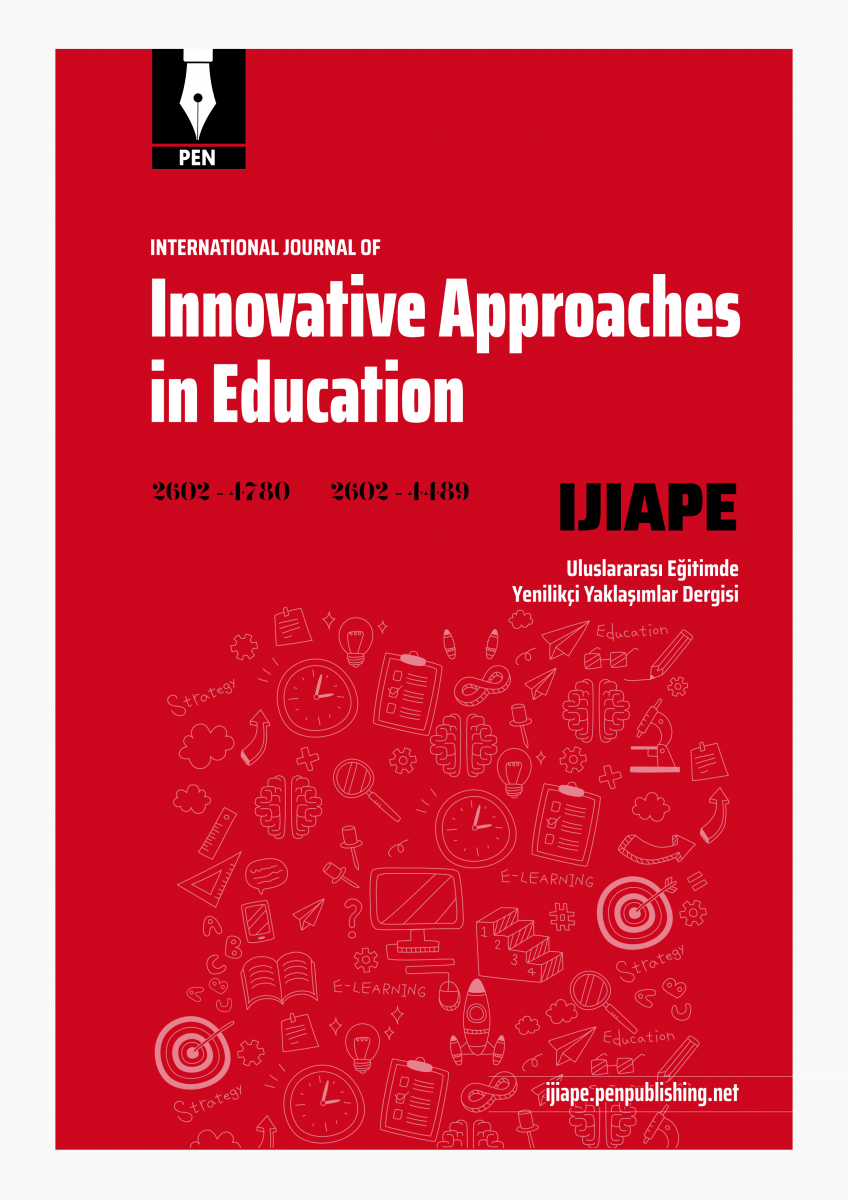- Aïcha, B. (2020). Impact of learning, exclusively online, during a pandemic. Journal of Humanities and Education Development (JHED), 2(6), 385-389. [Google Scholar]
- Ali, W. (2020). Online and remote learning in higher education institutes: A necessity in light of COVID-19 pandemic. Higher Education Studies, 10(3), 16-25. [Google Scholar]
- Alsawaier, R. S. (2018). The effect of gamification on motivation and engagement. The International Journal of Information and Learning Technology. [Google Scholar]
- Azar, A. S., & Tan, N. H. I. (2020). The Application of ICT Techs (Mobile-assisted Language Learning, Gamification, and Virtual Reality) in Teaching English for Secondary School Students in Malaysia during COVID-19 Pandemic. Universal Journal of Educational Research, 8(11C), 55-63. [Google Scholar]
- Barata, G., Gama, S., Jorge, J., & Gonçalves, D. (2013, October). Improving participation and learning with gamification. In Proceedings of the First International Conference on gameful design, research, and applications (pp. 10-17). [Google Scholar]
- Bovermann, K., Weidlich, J., & Bastiaens, T. (2018). Online learning readiness and attitudes towards gaming in gamified online learning–a mixed methods case study. International Journal of Educational Technology in Higher Education, 15(1), 1-17. [Google Scholar]
- Buckley, P., & Doyle, E. (2016). Gamification and student motivation. Interactive learning environments, 24(6), 1162-1175. [Google Scholar]
- Dubey, P., & Pandey, D. (2020). Distance learning in higher education during pandemic: challenges and opportunities. Int. J. Indian Psychol, 8(2), 43-46. [Google Scholar]
- Daniel, J. (2020). Education and the COVID-19 pandemic. Prospects, 49(1), 91-96. [Google Scholar]
- Ejsing-Duun, S., & Karoff, H. S. (2014, October). Gamification of a Higher Education Course: What's the fun in That?. In European conference on games based learning (Vol. 1, p. 92). Academic Conferences International Limited. [Google Scholar]
- Fernandez, F.J., 2011. Game Programming with Unity. Chief Technological Officer, Dreamlords Digital Inc, https://forum.unity.com/threads/unity-lesson-1-draft.103421/ [Google Scholar]
- Gómez-Carrasco, C. J., Monteagudo-Fernández, J., Moreno-Vera, J. R., & Sainz-Gómez, M. (2019). Effects of a gamification and flipped-classroom program for teachers in training on motivation and learning perception. Education Sciences, 9(4), 299. [Google Scholar]
- Jo, J., Yi, E., Yang, Y., & Choi, S. H. (2021). Game-based assessment tool using convergence of gamification and motivation theory in intelligent tutoring system. Personal and Ubiquitous Computing, 1-11. [Google Scholar]
- İnce, E. Y., Kabul, A., & Diler, İ. (2020a). Distance education in higher education in the COVID-19 pandemic process: A case of Isparta Applied Sciences University. Distance Education, 4(4). [Google Scholar]
- İnce, E. Y., Kabul, A., & Diler, İ. (2020b). The Opinions of Academicıans On Distance Education During The Covid-19 Pandemic. Educational Practices during the COVID 19 Viral Outbreak: International Perspectives, 107. [Google Scholar]
- Lelli, V., Andrade, R. M., Freitas, L. M., Silva, R. A., Filho, F. G. S., Gomes, R. F., & de Oliveira Severo, J. S. (2020, October). Gamification in Remote Teaching of SE Courses: Experience Report. In Proceedings of the 34th Brazilian Symposium on Software Engineering (pp. 844-853). [Google Scholar]
- Mekler, E. D., Brühlmann, F., Tuch, A. N., & Opwis, K. (2017). Towards understanding the effects of individual gamification elements on intrinsic motivation and performance. Computers in Human Behavior, 71, 525-534. [Google Scholar]
- O'Donovan, S., Gain, J., & Marais, P. (2013, October). A case study in the gamification of a university-level games development course. In Proceedings of the South African Institute for Computer Scientists and Information Technologists Conference (pp. 242 251). [Google Scholar]
- Oliveira, W., & Bittencourt, I. I. (2019). Tailored gamification to educational technologies (Vol. 10, pp. 978-981). Springer Singapore. [Google Scholar]
- Oliver, E. (2017). Gamification as transformative assessment in higher education. HTS Theological tudies, 73(3), 1-15. [Google Scholar]
- Pitoyo, M. D., Sumardi, S., & Asib, A. (2020). Gamification-Based Assessment: The Washback Effect of Quizizz on Students’ Learning in Higher Education. International Journal of Language Education, 4(2), 1-10. [Google Scholar]
- Robinson, L., Schulz, J., Khilnani, A., Ono, H., Cotten, S. R., Mcclain, N., ... & Tubaro, P. (2020). Digital inequalities in time of pandemic: COVID-19 exposure risk profiles and new forms of vulnerability. First Monday. [Google Scholar]
- Xu, Y. (2011). Literature review on web application gamification and analytics. Honolulu, HI, 11-05. [Google Scholar]
- van Deursen, A. J. (2020). Digital Inequality During a Pandemic: Quantitative Study of Differences in COVID-19–Related Internet Uses and Outcomes Among the General Population. Journal of Medical Internet Research, 22(8), e20073. [Google Scholar]
- Yılmaz İnce, E. (2020). Use of Facebook Social Network for Educational Purposes During Covid-19 Pandemic, The 3rd International Conference on Distance Learning and Innovative Educational Technologies, Turkey. [Google Scholar]
- Zainuddin, Z., Shujahat, M., Haruna, H., & Chu, S. K. W. (2020). The role of gamified e quizzes on student learning and engagement: An interactive gamification solution for a formative assessment system. Computers & Education, 145, 103729. [Google Scholar]
|

